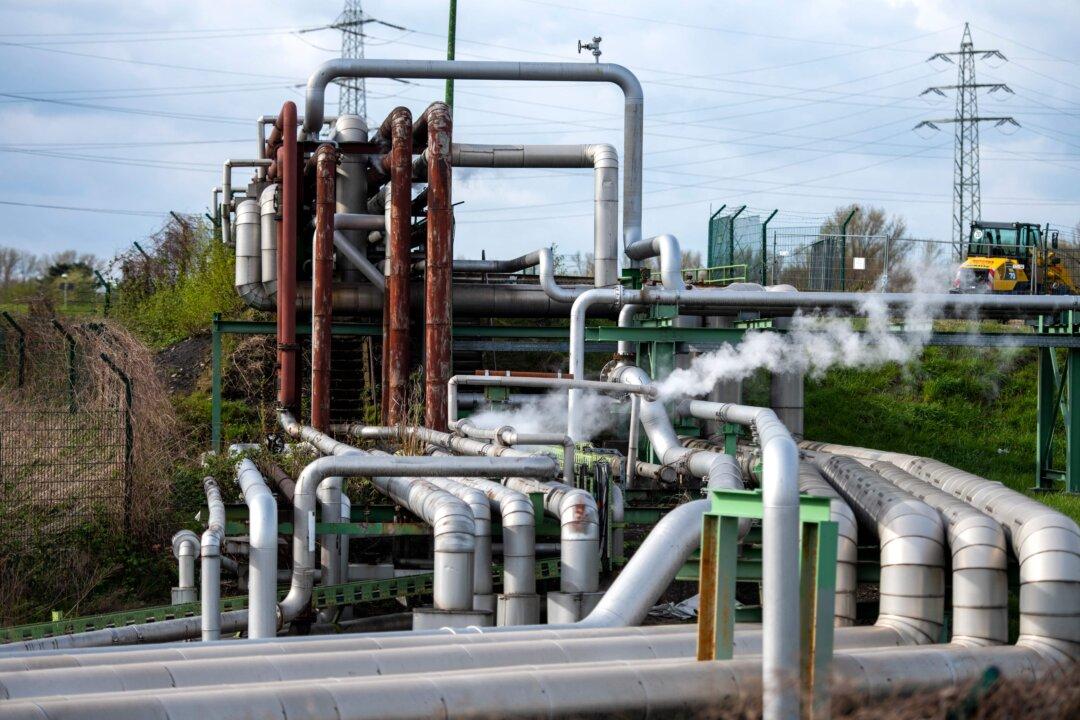Europe has spent close to €800 billion in the past 17 months to combat its energy crisis, with Germany spending the most money to protect households and businesses from energy inflation.
“Since the start of the energy crisis in September 2021, €792 billion ($846.6 billion) has been allocated and earmarked across European countries to shield consumers from the rising energy costs … The current increase in wholesale energy prices in Europe has prompted governments to put in place measures to shield consumers from the direct impact of rising prices,” a Feb. 13th analysis by Belgium-based economic think-tank Bruegel states.





